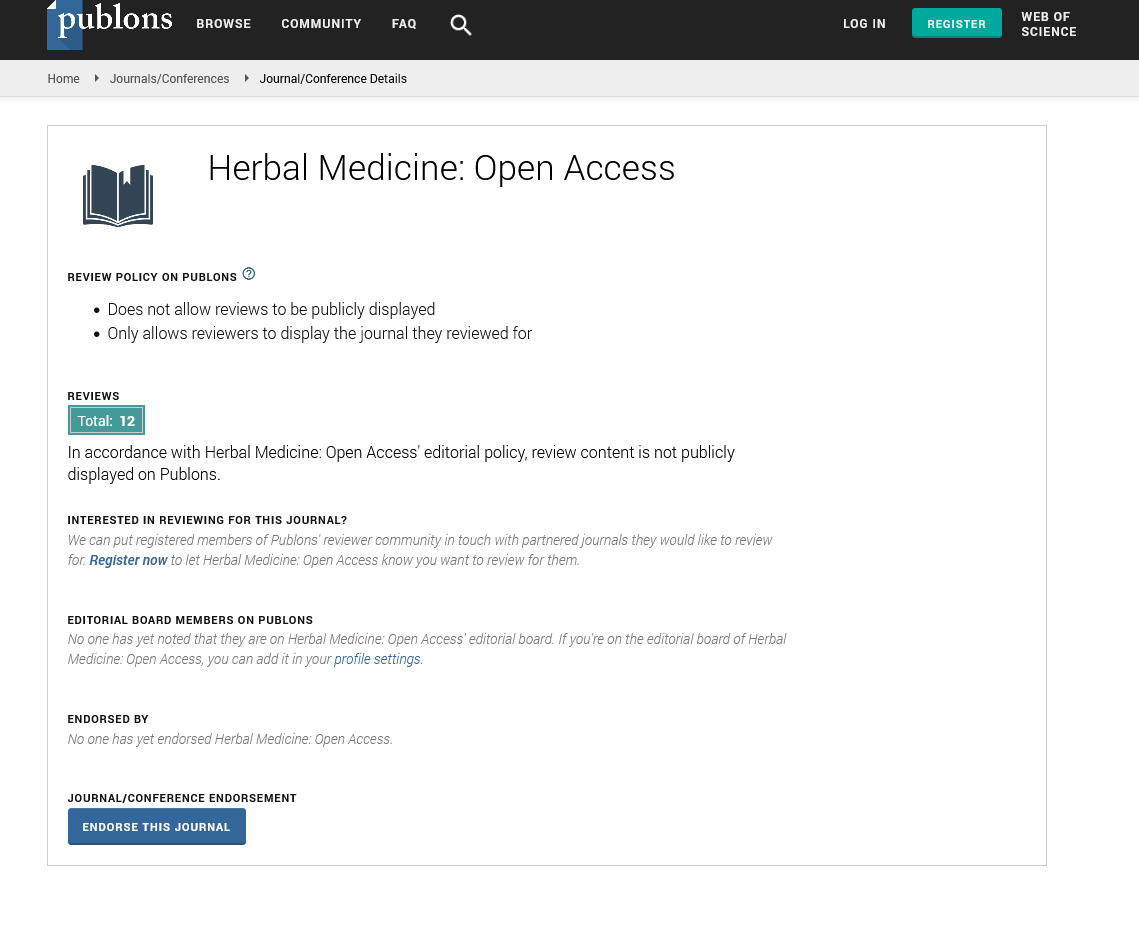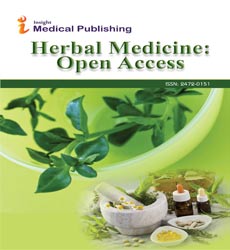Abstract
Melissa officinalis Extract Inhibits Herpes Simplex Virus-I Glycoprotein B Interaction with Heparin Sulfate
Herpes simplex virus 1, HSV1, is the primary cause of herpes labialis in humans. Drugs like acyclovir and its derivatives are available for treatment, but with increased use and the number of immune compromised patients, the development of resistance to these drugs is increasing. Extracts of the botanical, Melissa officinalis, have previously been reported to contain antiviral activity toward HSV1. Our initial studies confirmed earlier results that constituents of Melissa officinalis interacted directly with the virus and inhibited HSV1 binding to cells during the initiation of infection. Further studies demonstrated that a component in Melissa officinalis bound specifically to the viral glycoprotein B. Virion structure was shown to be stable at low concentrations of Melissa officinalis, however at a ten-fold higher concentration than that which inhibited binding, virion structure was completely disrupted suggesting a second, virucidal, mode of inhibition. Melissa officinalis was shown to inhibit other alpha herpes viruses as well as having intermediate inhibitory activity against other viruses from the adenoviridae, poxviridae, papovaviridae, and rhabdoviridae families.
Author(s):
Karen Denzler L, Trung Huynh P, Bertram Jacobs L and Jeffrey Langland O
Abstract | Full-Text | PDF
Share this

Google scholar citation report
Citations : 271
Herbal Medicine: Open Access received 271 citations as per google scholar report
Herbal Medicine: Open Access peer review process verified at publons
Abstracted/Indexed in
- Google Scholar
- JournalTOCs
- China National Knowledge Infrastructure (CNKI)
- Directory of Research Journal Indexing (DRJI)
- WorldCat
- Publons
- Secret Search Engine Labs
- Zenodo
Open Access Journals
- Aquaculture & Veterinary Science
- Chemistry & Chemical Sciences
- Clinical Sciences
- Engineering
- General Science
- Genetics & Molecular Biology
- Health Care & Nursing
- Immunology & Microbiology
- Materials Science
- Mathematics & Physics
- Medical Sciences
- Neurology & Psychiatry
- Oncology & Cancer Science
- Pharmaceutical Sciences


